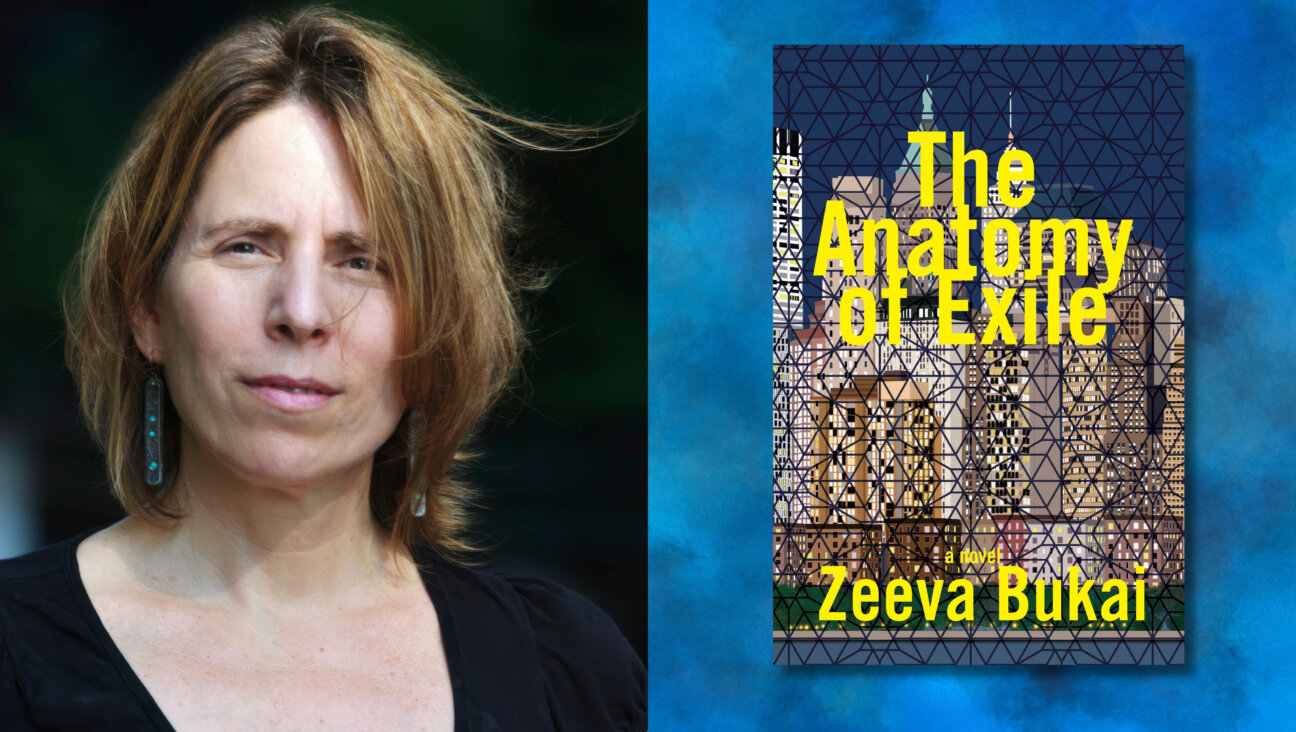Author Blog: A Departure From the Traditional

Jan Aronson is the illustrator of the “The Bronfman Haggadah” published by Rizzoli. Born in New Orleans, New York-based artist Jan Aronson has had more than 70 solo and group exhibitions. Read more about Jan here. Her blog posts are featured on The Arty Semite courtesy of the Jewish Book Council and My Jewish Learning’s Author Blog Series. For more information on the series, please visit:

When I set out to create the illustrations for “The Bronfman Haggadah,” I knew I wanted it to be historically accurate. But I also wanted it to be imaginative, surprising, and distinct from all other Haggadot. Of course I knew there were many iconic ideas that needed to be expressed, but I didn’t want to make them so rote.
As an artist I was drawn to the symbolism in the Exodus story. Ultimately, my embrace of the Haggadah as metaphor is what allowed and contributed to the co-mingling of both historical accuracy and the flights of my imagination throughout the project.
Moses’s basket, an emblematic part of the Passover story, is a perfect example of the challenges I faced in terms of departing from the traditional, whilst still remaining loyal to the narrative, and of course, history.
The discovery of the basket in the Nile by the princess, where you see the princess looking down at it, is a scene depicted in endless Haggadot, and I knew I didn’t want to create that kind of an illustration. Instead, I was drawn in by the vastness of the Nile. So many people don’t realize just how enormous it is at some parts. I thought the most interesting way to work with this scene was to focus on the juxtaposition of this tiny little basket against this huge river.
In keeping with my dedication to historical accuracy, the majority of my illustrations are made up of patterns. When I started the Haggadah, and I began thinking about what imagery I would use, my first impulse was to go back to the source — what kind of imagery would the Jews have been exposed to at the time? I realized that it would’ve been mostly Egyptian art and artifacts, plus the influence of Greek and Roman cultures. I am also drawn to African textile patterns and used these in many of the paintings. Geometric patterns are widespread in all traditions, and they complemented my vision for a distinct Haggadah.
My overall goal was to create a Haggadah that was constantly surprising. I wanted the reader to feel that each page was different from the next, hopefully inspiring a sense of discovery and wonder but mostly to make our seder experience interesting.
Visit Jan Aronson’s official website here.
The Jewish Book Council is a not-for-profit organization devoted to the reading, writing and publishing of Jewish literature. For more Jewish literary blog posts, reviews of Jewish books and book club resources, and to learn about awards and conferences, please visit www.jewishbookcouncil.org.
MyJewishLearning.com is the leading transdenominational website of Jewish information and education. Visit My Jewish Learning for thousands of articles on Judaism, Jewish holidays, Jewish history and more.
A message from our Publisher & CEO Rachel Fishman Feddersen

I hope you appreciated this article. Before you go, I’d like to ask you to please support the Forward’s award-winning, nonprofit journalism so that we can be prepared for whatever news 2025 brings.
At a time when other newsrooms are closing or cutting back, the Forward has removed its paywall and invested additional resources to report on the ground from Israel and around the U.S. on the impact of the war, rising antisemitism and polarized discourse.
Readers like you make it all possible. Support our work by becoming a Forward Member and connect with our journalism and your community.
— Rachel Fishman Feddersen, Publisher and CEO























